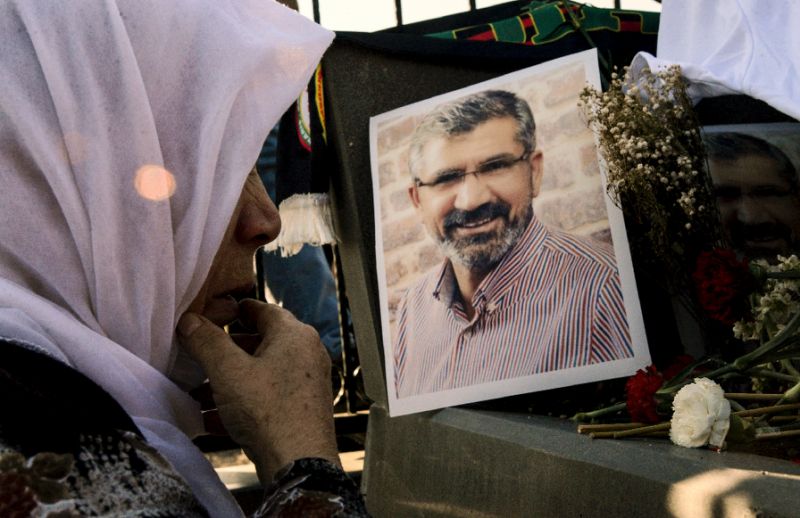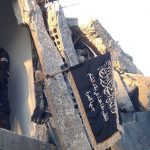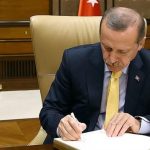The remarks came after British investigators published an in-depth report into the murder, which occurred in broad daylight, that suggested the security forces could have killed him.
Tahir Elci, who campaigned for Kurdish rights, died on November 28, 2015 after being shot in the head during armed clashes between Kurdish militants and police.
At the time, he was head of the city’s bar association.
Cihan Aydin, the association’s current head, said three of the officers at the scene were “under strong suspicion” and should be listed as suspects.
“We expect the investigation to be completed with the missing details,” Aydin told AFP.
The case remains unsolved with no-one charged over his murder.
In a report published on Friday, investigators from the London-based Forensic Architecture (FA) said they concluded that the Kurdish militants “could not have fired the shot that killed Elci”.
They also found no evidence he was killed by a long-range weapon.
The research agency, which is based at Goldsmiths College, University of London, produces analysis for human rights organisations, international prosecutors and other justice groups.
With access to footage of the clashes, the agency examined the “visual, spatial and acoustic material to determine who could be considered a suspect”.
Although there were no images showing the moment Elci was shot dead, the agency reconstructed the events leading up to the moment of his killing.
“This process of elimination suggested that one of the police officers who fired their weapons during the incident could have been responsible for the fatal shot,” said the report which was published on the OpenDemocracy website.
They also found no evidence he was killed by a long-range weapon.
The bar association had asked FA to investigate the killing in 2016, with its findings presented to Turkish state investigators in December 2018.
Elci was shot dead during a resurgence of violence in the southeast which erupted several months earlier when a ceasefire between the Kurdistan Workers’ Party (PKK) and the Turkish state broke down.
Shortly before his death, Elci had been briefly detained over a television interview in which he said the PKK was “not a terrorist organisation”, prompting a flurry of death threats.
The PKK is blacklisted as a terrorist group by Ankara and its Western allies.
Minutes before he was killed, Elci had called for peace in the troubled southeast
Source: AFP



